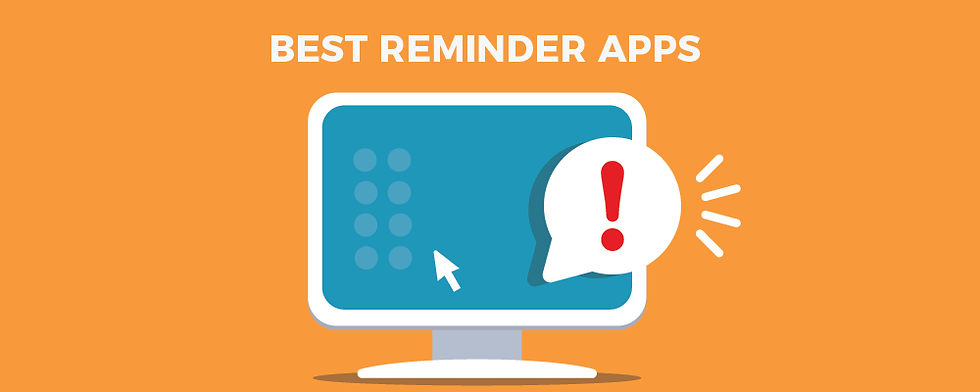8 Tips For Safe Medication Management After You leave the Hospital
- marketing32487
- Oct 19, 2022
- 3 min read
Hospital patients are often on multiple medications, which can be difficult to keep track of. That's where medication management comes in.
Medication management is the process of making sure that patients take their medications correctly and on schedule. This can involve creating and following a medication schedule, as well as working with the patient's doctor to make sure that the medication regimen is safe and effective.
What is Medication management?

Medication management services is the process of selecting, dosing, and taking medications. The main goals of medication management are to cure or prevent disease, relieve symptoms and improve the quality of life. It involves working with patients and their families to make sure that medications are taken safely and correctly.
Many factors can affect the success of medication management, such as a patient's age, health condition, lifestyle, and experience with taking medications. Hospital staff must be familiar with these factors to create an individualized plan for each patient.
Why do people have inappropriate medication management at home?
When you're in the hospital, your healthcare team takes care of you a lot for us. They make sure that we receive only appropriate medication at just the right time - but when it comes to taking these meds home with us, it's a whole different story.
There are many reasons why people have inappropriate medication management at home. Some of these include:
- Poor communication between the patient and their healthcare team
- Lack of understanding about the importance of taking medications as prescribed
- Forgetfulness or confusion about which medications to take and when to take them
Causes of Improper Medication Management
Medication errors are a serious problem. They can lead to side effects:-
Adverse drug reactions, and- even death
Increase Disease Risk
Memory loss
Increased risk for falls
Readmissions to the hospital or nursing home

How can I safely manage my medications at home?
Medication management is a key part of staying healthy, so you need to create an organized system for organizing and storing your medications. There are many ways to safely store your medications at home.
Here are 8 tips for safe medication management after you leave the hospital:
Keep a list of all the medications you were prescribed while in the hospital, as well as their dosages. This will help you keep track of everything once you're home.
Make sure you understand how to take each medication properly. If you have any questions, don't hesitate to ask your doctor or pharmacist.
Set up a pill box or some other system for organizing your medications. This will help you stay on schedule and avoid skipped doses.
If possible, have someone else help manage your medications after you're discharged from the hospital. This can be a spouse, family member, or friend. Having someone else involved will help to ensure that your medications are being taken properly and on schedule.
Take advantage of medication reminder services offered by many pharmacies. These can help remind you to take your medications at the correct time each day.
Watch for signs of medication side effects and report them to your doctor right away. Side effects can range from mild to serious, and it's important to catch them early so they can be treated effectively.
Keep all of your medical records from your hospitalization, including discharge paperwork and prescription lists. These will be helpful if you have any questions or problems down the road.
Following these tips will help ensure that you stay safe and healthy after leaving the hospital. Be sure to talk to your doctor or discharge planner if you have any questions about managing your medications. They can provide additional resources and support to help make the transition back home as smooth as possible.
Conclusion
Hospitalizations can be overwhelming and disruptive. When you're finally discharged and sent home, it's important to take steps to ensure a smooth transition back to normal life. One of the most important things to focus on is safe medication management.




Comments